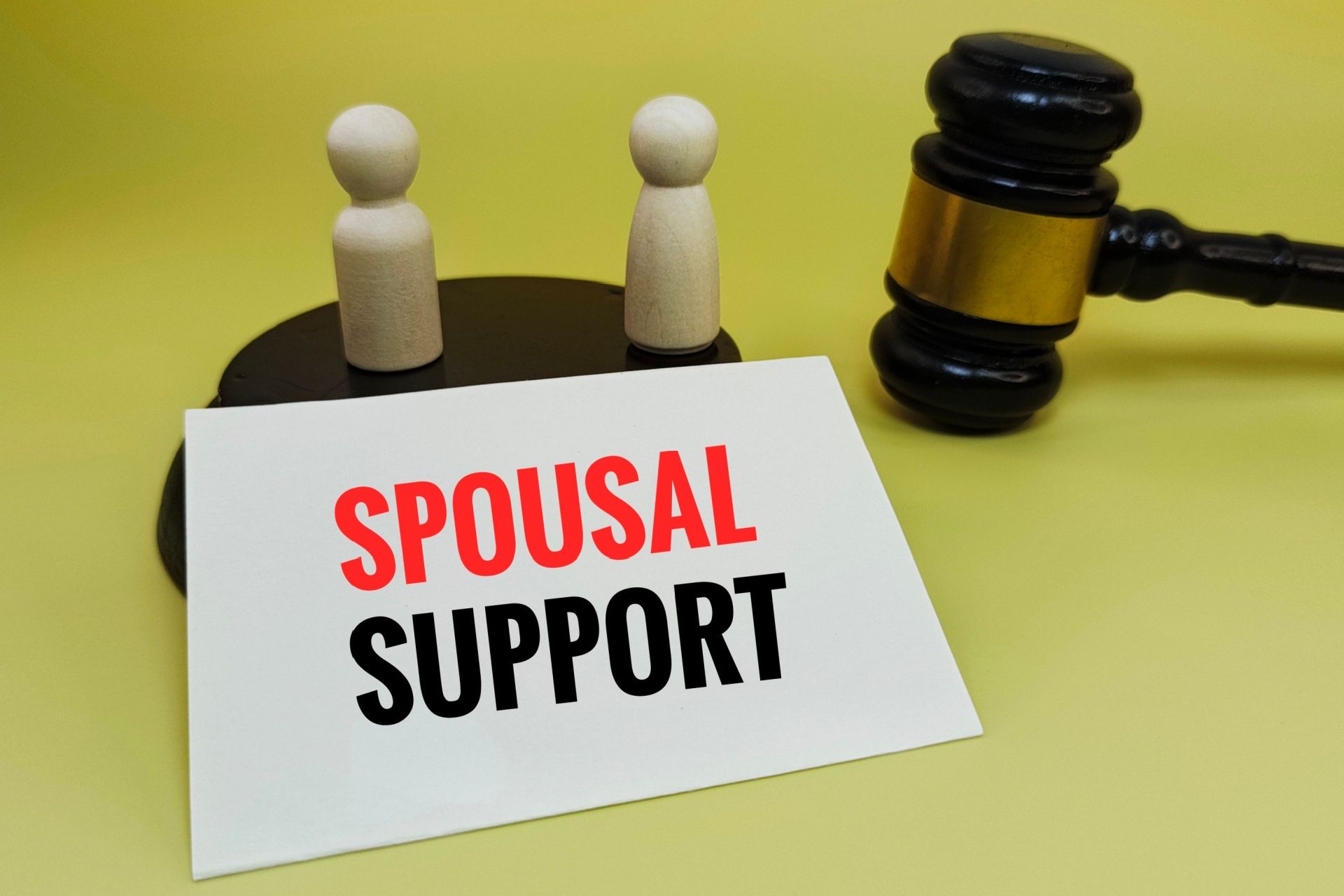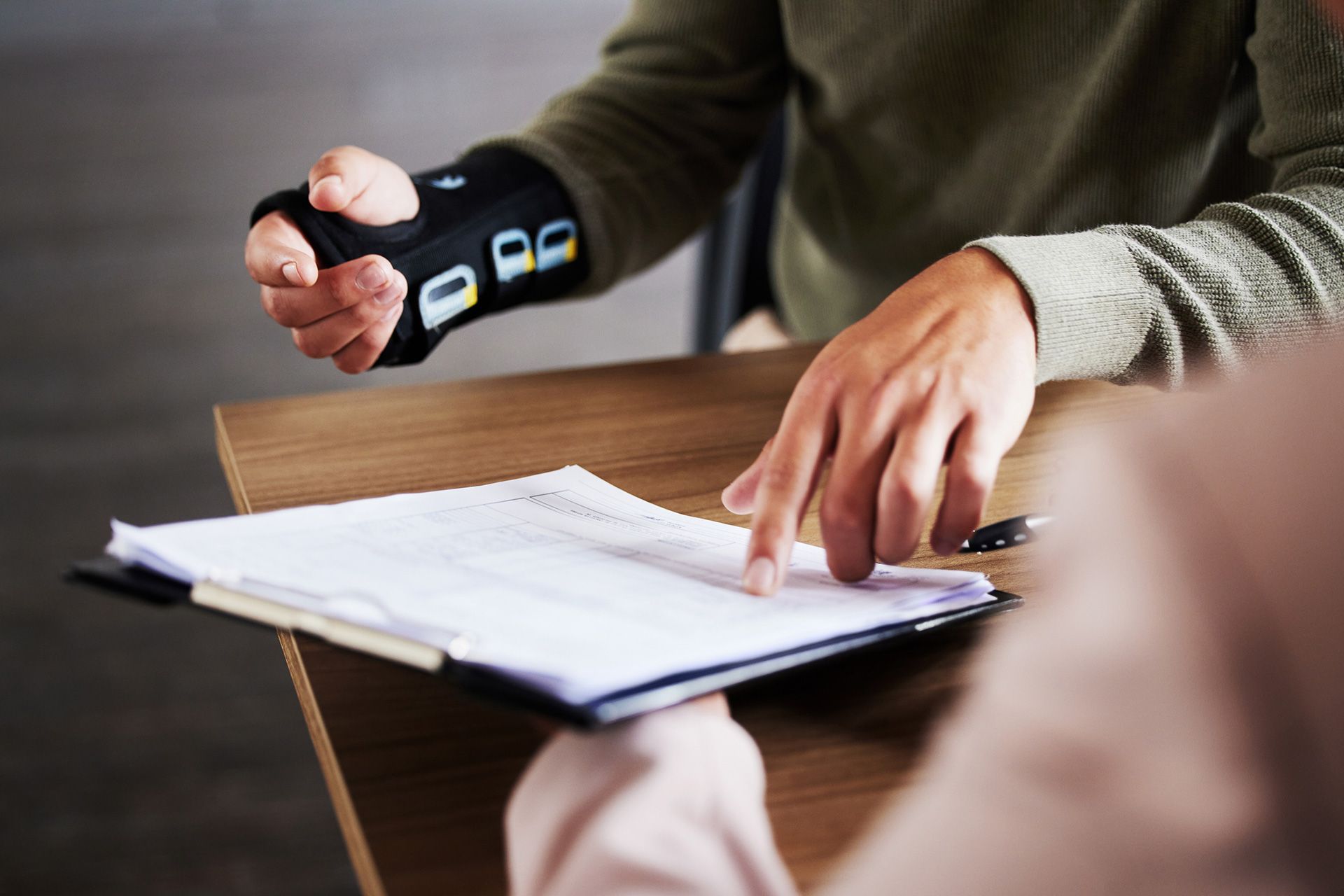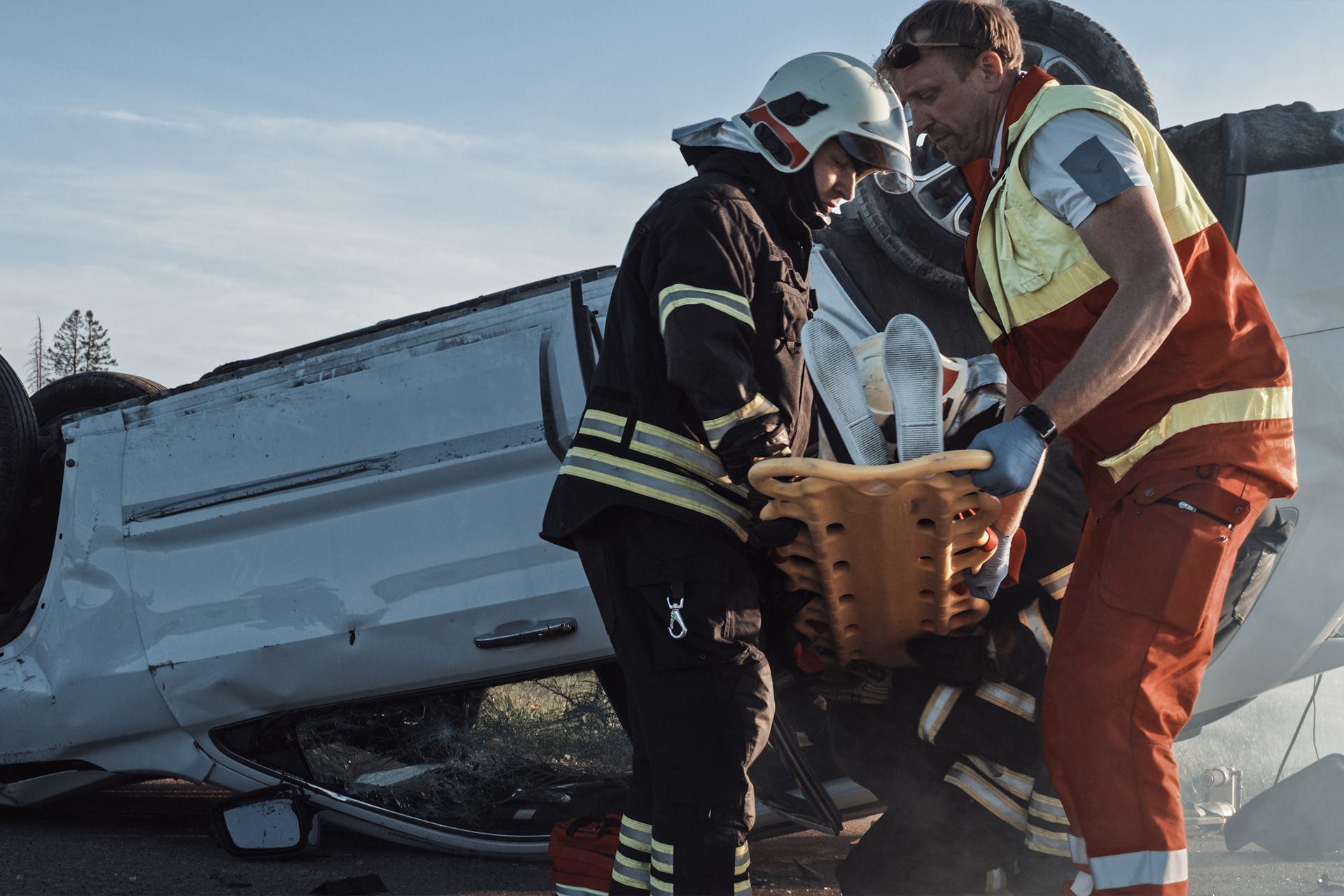The Role of a Vocational Expert in Determining Spousal Support

Divorce can be one of the most difficult times in a person’s life. Along with the emotional stress, there are financial matters to resolve, such as spousal support (sometimes called alimony). When couples disagree about whether one spouse can or should return to work—and how much income they can realistically earn—the court may bring in a vocational expert for divorce.
A vocational expert plays a key role in helping the judge understand a spouse’s work potential, earning capacity, and job opportunities. Their analysis often guides the court in deciding fair spousal support amounts.
In this article, we’ll explain what a vocational expert does, why their role is important in vocational evaluation for divorce & matrimonial cases, and what you can expect if one is involved in your divorce.
What Is a Vocational Expert?
A vocational expert is a trained professional who specializes in studying careers, job markets, and earning potential. In divorce cases, they provide vocational evaluations to help courts answer questions like:
- Can a spouse re-enter the workforce?
- What kind of jobs are available to them?
- How much money could they reasonably earn based on skills, education, and experience?
- Is additional training or education needed to find employment?
The goal of the vocational expert is not to take sides but to provide unbiased, expert information that helps the court make informed decisions.
Why Courts Use Vocational Experts in Divorce
In many divorces, one spouse may request financial support from the other. The court must then decide how much support is appropriate and for how long.
Here are common situations where a vocational expert is needed:
- Stay-at-Home Spouse: If one spouse left the workforce to care for children or manage the household, the court needs to know if and when they could return to work.
- Disputed Income Claims: Sometimes, a spouse may argue they cannot earn much, while the other spouse believes they can earn more. A vocational evaluation provides clarity.
- Career Changes or Job Loss: If a spouse recently lost a job or changed careers, the court may need expert insight into realistic future earnings.
- Fairness in Support: Judges rely on vocational experts to make sure support is based on real-world earning ability, not assumptions.
By using a vocational expert for divorce, the court ensures both parties are treated fairly when it comes to financial responsibilities.
The Vocational Evaluation Process
A vocational evaluation is a detailed study that looks at a spouse’s ability to earn money. Here’s what it typically involves:
- Personal Interview: The expert meets with the spouse to discuss their education, work history, skills, interests, and goals.
- Review of Records: The expert looks at resumes, transcripts, licenses, medical records (if relevant), and past job performance.
- Skills and Aptitude Testing: In some cases, the expert may use tests to measure skills, learning ability, or personality traits related to work.
- Labor Market Research: The expert studies local job opportunities, wages, and employment trends to see what types of jobs are realistic.
- Written Report: A final report is prepared, outlining potential jobs, expected income, and any retraining needed.
- Court Testimony: If required, the expert may testify in court, explaining their findings and answering questions from attorneys and the judge.
This process ensures that the court has reliable, research-based evidence about a spouse’s work potential.
How Vocational Experts Influence Spousal Support
Spousal support decisions depend on many factors, such as length of the marriage, lifestyle during marriage, and each spouse’s financial needs. But one of the most important factors is earning capacity, the amount of money each spouse could reasonably make.
A vocational expert helps the court by:
- Estimating Income: Providing realistic income estimates based on qualifications and job availability.
- Determining Employability: Showing whether a spouse can work full-time, part-time, or if retraining is needed.
- Preventing Underemployment: Ensuring a spouse does not intentionally avoid work to increase support payments.
- Promoting Fairness: Helping the court avoid unfair financial burdens on one spouse.
For example, if a stay-at-home parent has a college degree and past professional experience, the expert might conclude that they could return to work in their field after some retraining. This could reduce the amount or length of spousal support awarded.
Benefits of Using a Vocational Expert
For divorcing couples, involving a vocational expert provides several benefits:
- Objective Evidence: Courts prefer facts over assumptions. An expert gives unbiased, research-based findings.
- Clear Expectations: Both spouses understand what is realistic regarding income and support.
- Reduced Conflict: Having a third-party expert can prevent arguments about job potential and fairness.
- Better Planning: Spouses can plan future finances and career steps more effectively.
Conclusion
A vocational expert for divorce plays a vital role in ensuring spousal support decisions are fair, realistic, and based on actual earning capacity. By providing an unbiased evaluation, these experts help judges understand each spouse’s ability to work and support themselves.
Whether you are seeking support or may be required to pay it, knowing how vocational evaluations work can help you prepare and plan for your financial future.
Need expert guidance on spousal support? Contact
OAS today for a trusted vocational evaluation for divorce & matrimonial cases.
FAQs About Vocational Experts and Spousal Support
Do both spouses need to agree on using a vocational expert?
Not always. A judge can order a vocational evaluation if it’s necessary to resolve disputes.
How long does a vocational evaluation take?
It depends on the case, but most evaluations take a few weeks to complete, including interviews, research, and reports.
Who pays for the vocational expert?
Costs can be shared, or the court may assign one spouse to cover the expense, depending on circumstances.
Can a vocational expert’s findings be challenged?
Yes. Attorneys can cross-examine the expert in court or present their own expert’s opinion.
Are vocational evaluations only for spousal support cases?
No. They are also used in child support cases, personal injury cases, and even workers’ compensation claims.
Disclaimer: The information on this website and blog is for general informational purposes only and is not professional advice. We make no guarantees of accuracy or completeness. We disclaim all liability for errors, omissions, or reliance on this content. Always consult a qualified professional for specific guidance.








